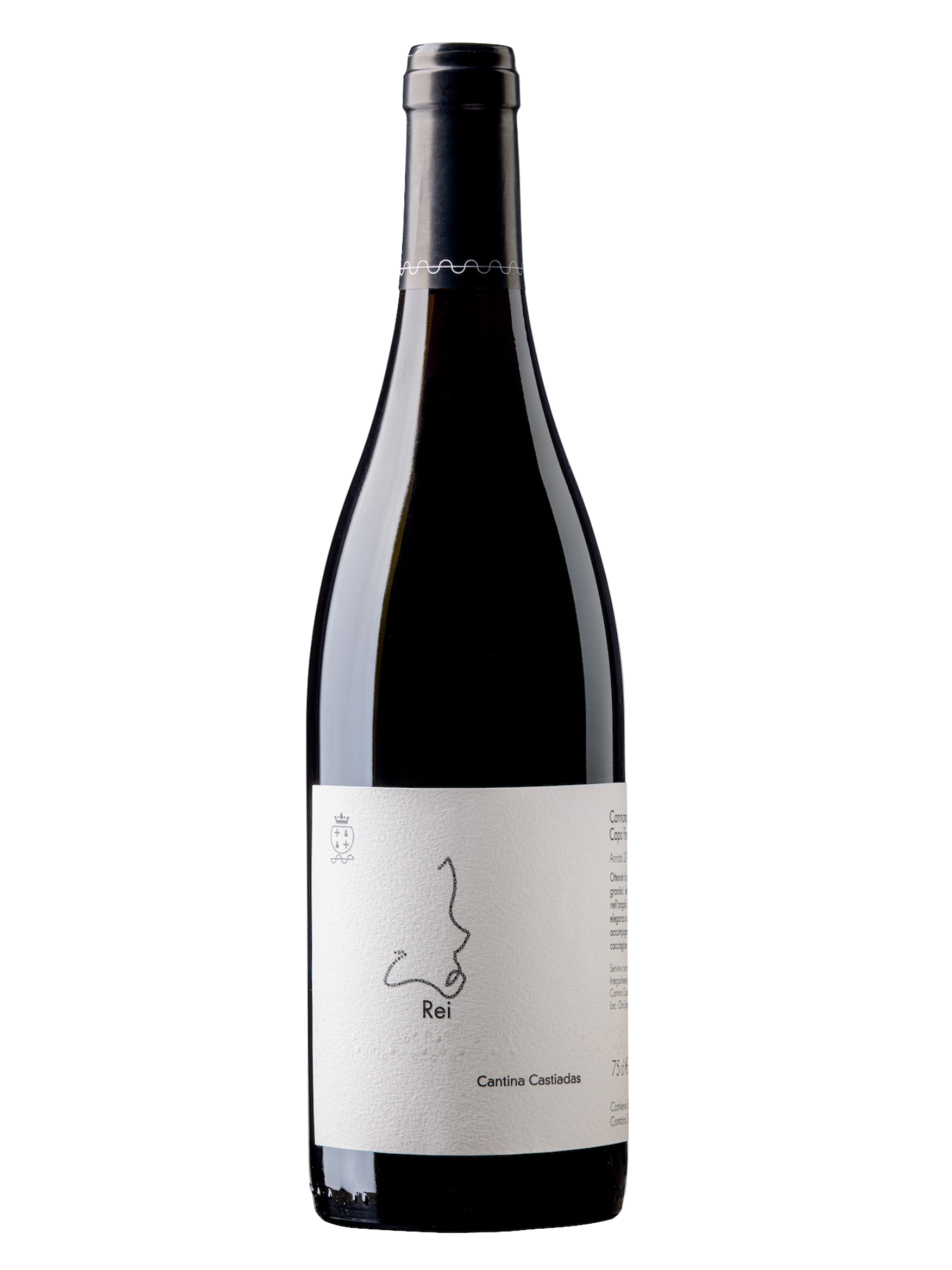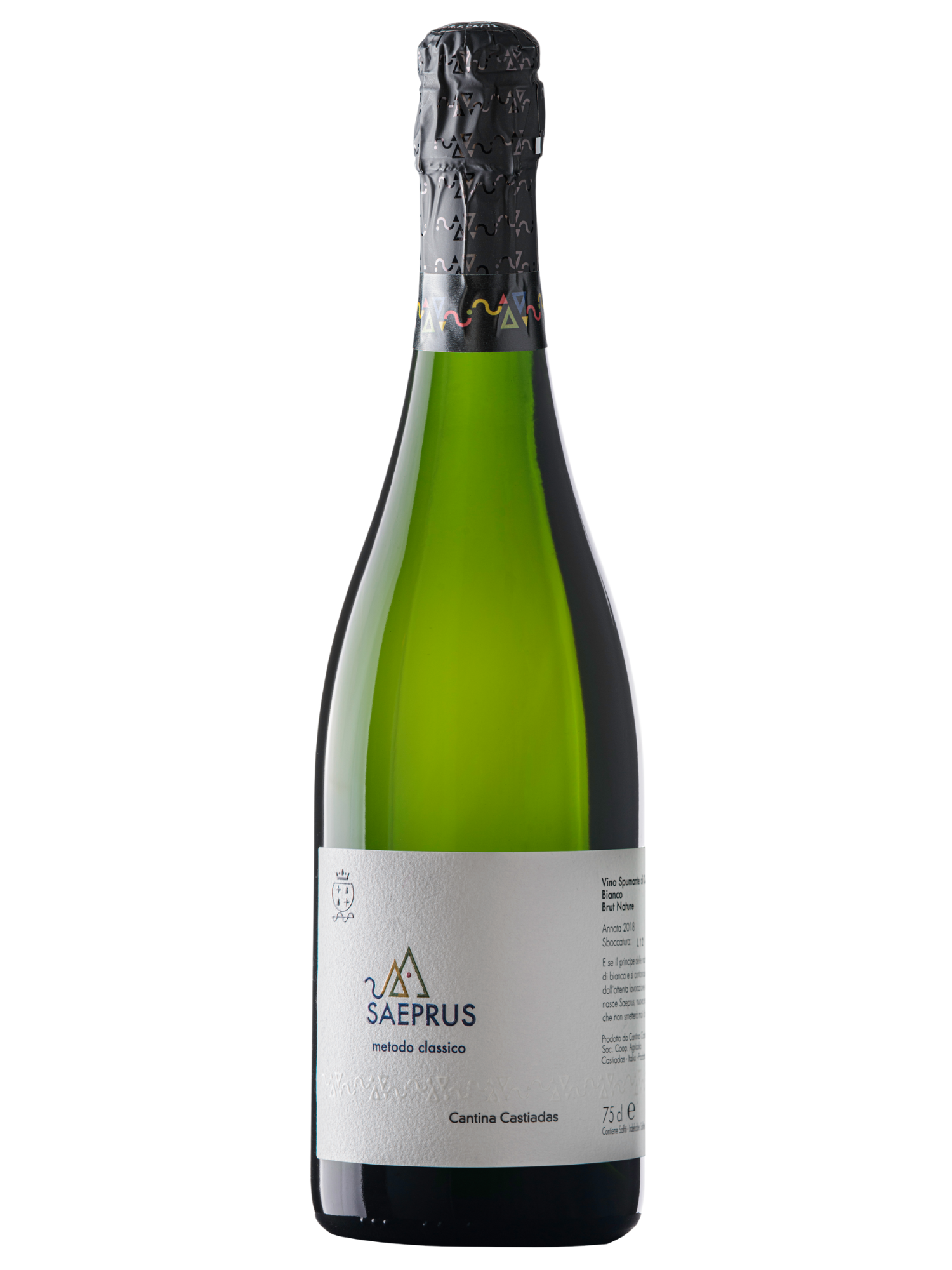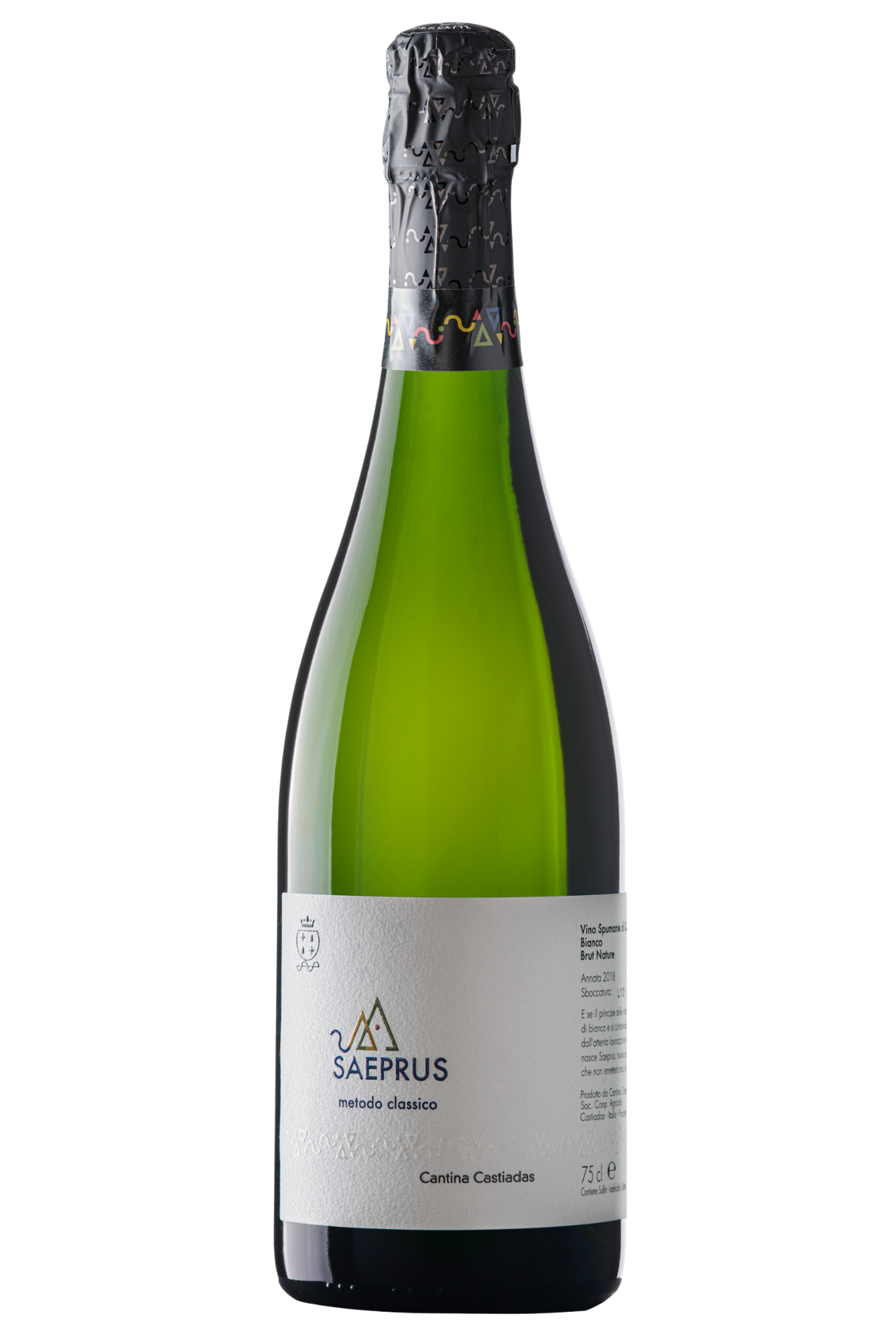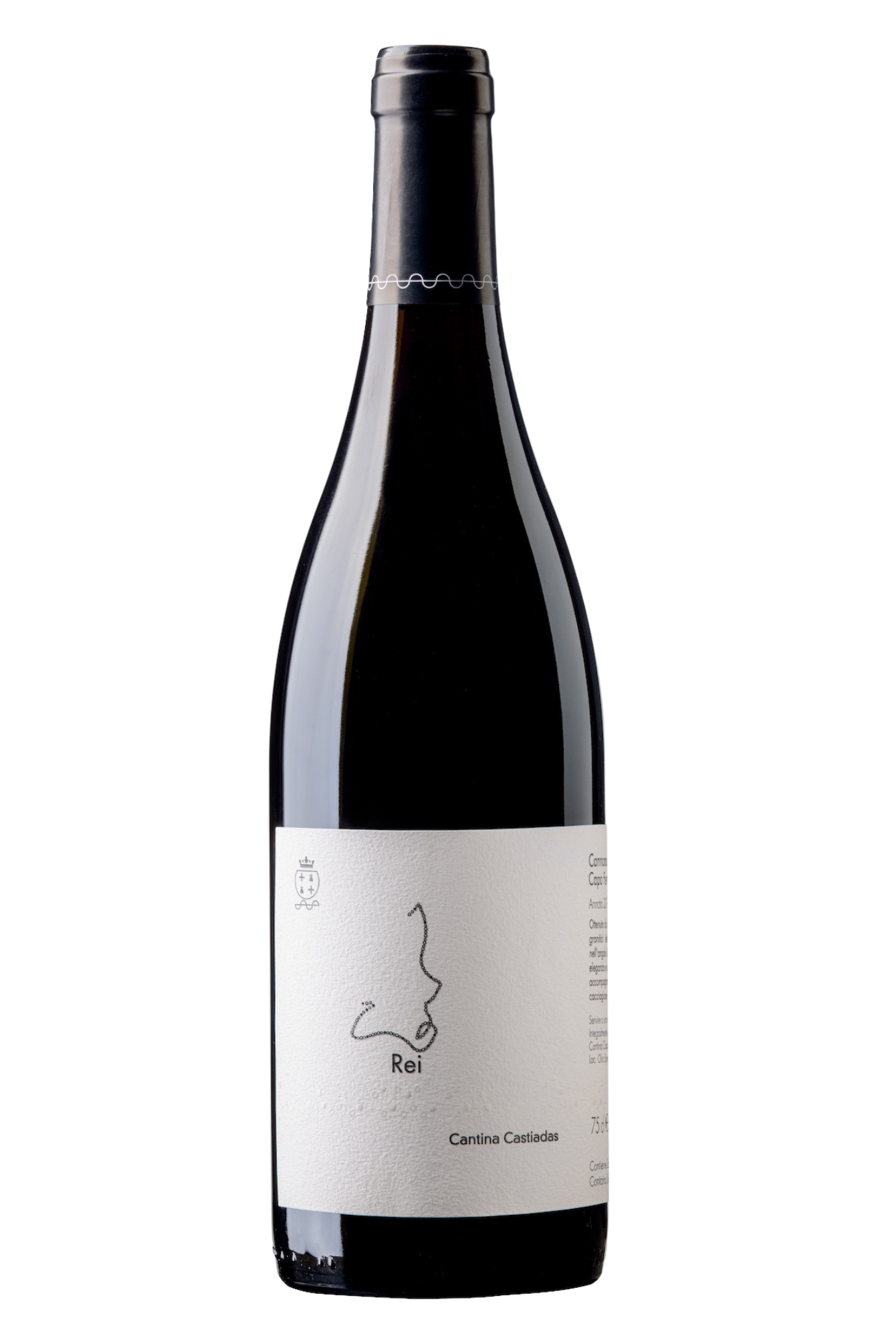Cantina di Castiadas, Castiadas, Sarrabus
Cantina literally translates as ‘cellar’, but the word is often used in Italy to denote a winery (with or without a physical cellar in the English sense). That said, at Castiadas there is an impressive chamber, lined with venerable wood barrels, where some of the wine ‘rests’ (in the words of the cantina’s commercial manager Sergio Spana) on its strenuous journey from vine to bottle. “We are not supposed to speak too loudly in here,” he teases.
His colleagues have the job of co-ordinating production at Cantina di Castiadas, a co-operative of more than 300 growers in the south east of the island, in an area known as Sarrabus, which lies between the mountains and the sea and benefits from very particular soils and micro climates.
Many of these growers have been supplying their families’ grapes to the winery since it was founded by the Sardinian Agrarian Reform Agency in 1959. Back then, they’d arrive by donkey or ox and cart. Today, the usually quiet roads around the winery are a crazy conveyor belt of little puffing tractors, pulling trailer-loads of fruit every harvest.
“Things can get a bit heated in September,” laughs Sergio. “Farmers just want to come in, dump the grapes and go, but the people here have to manage the schedule.”

The supply chain is a feat of synchronisation and it must run smoothly all the way back to the vineyards and the pickers.
Many of the co-operatives that were incentivised by government funding in the Fifties focussed on quantity and in the 1970s the vast majority of commercially produced wine in Sardinia was exported in bulk, much of it to Northern Italy for bottling or blending.
While other regions of the world made a virtue of variety, Sardinia’s most interesting native grapes remained largely unrecognised abroad.
Over the past 20 years, Cantina di Castiadas has been among those winemakers travelling stubbornly in the opposite direction. It’s been laser-focussed on quality, provenance and sustainability. That’s quite a challenge when your suppliers are hundreds of often very small growers, for whom grape growing is sometimes only a marginal activity, but whose return is nevertheless guaranteed by the co-op. Managing their interests requires a high degree of political and social skill as well as unrelenting belief in their potential to create something special. Which they have.
The cantina started by encouraging its members to focus on improving production of Cannonau to reach Denominazione di Origine Controllata (DOC) specifications, one of which meant limiting the yield per hectare. While the quantity of grapes the cantina received fell, that’s been more than compensated for by the quality of wines it produces
Today, one of three sub-regions of the Cannonau di Sardinia DOC is Capo Ferratu. Only grapes grown in this particular area, where the cantina is based, can carry the designation – and every single bottle of red Cannonau from Cantina di Castiadas has it.
But earning the DOC is not the destination. Creating a brand to bring Sardinian wines the recognition they deserve is. Now it’s done the hard yards, the cantina is pushing the winemaking envelope. It’s already developed its own unique method of sparkling wine production resulting in a white Cannonau that knocked the socks off judges at the Grenaches du Monde competition in 2024.
We can’t wait to see what it does next.





